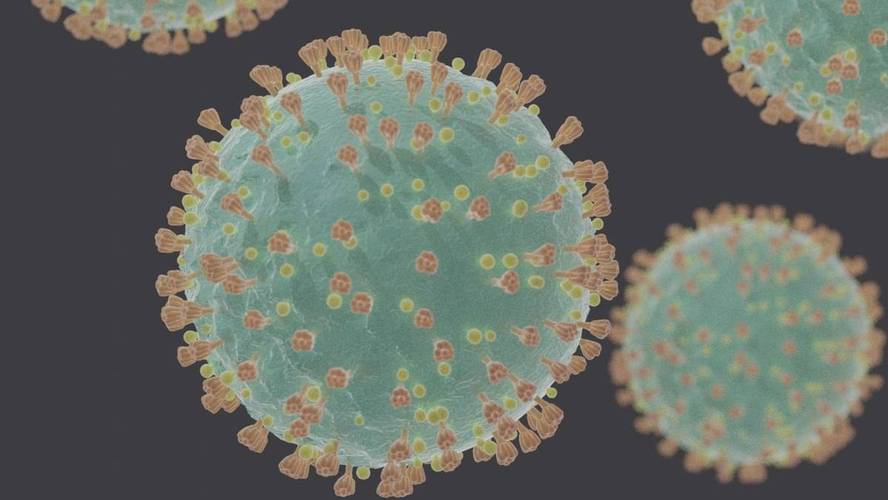
Learning on the way
Published in Berria on May 3, 2020
In spite of the contradictions and uncertainties that exist in the crisis caused by COVID-19, all experts agree that the mitigation of confinement poses a risk of resurfacing outbreaks and that the measures may have to be sharpened again. However, the situation would not be the beginning of the pandemic. And it is that, although there are still many questions to answer, it is much that has been learned along the way.
From the virus. It is no longer entirely unknown. They know what it is and what its origin is. They do not know how it came to humans, but they have decoded the genome. They have confirmed that it is transmitted from person to person by droplets removed by the mouth. They have clarified which cells enter and how.
With disease. They have seen that it is not a bad flu or a conventional pneumonia. It does not affect everyone equally; some also affect the circulatory system and the brain. And it can be mortal. However, others exceed the infection with mild or totally unknown symptoms.
With plague. It has been unstoppable. From the beginning, and in most territories, it has broken down all the barriers that have been placed to it, one after the other. In China, they began by the isolation of the sick and the detection of the contaminated; entire cities were quarantined; they forbade movement; they ordered confinement. In vain. Before being able to implement effective measures, the plague has spread to Europe and other continents. Delay in carrying out diagnoses and forecasts.
Preventive measures. The sooner they are implanted, the more efficient they are. They have been established from individuals to which they encompass the entire society. In the case of individuals, the most effective is to leave a distance of 1,5-2 meters with respect to others and wash hands and surfaces often. And masks are mandatory in many territories. Confinement in the entire population has served to maintain the increase in the pandemic. The use of new technologies has been limited, but in some places they have been very useful.
Health. The countries that already had a strong health system and sufficient resources are the ones that have responded best. The health personnel have been learning and adapting the guidelines through experience. Currently, there are trained professionals with knowledge based on experience and research. In addition to hospitals, preventive medicine and public health are fundamental.
Treatments. There are no specific medications, but medications are being tested to relieve symptoms and pathology, as well as plasma transfusions. There is more and more evidence of what is effective, when and for whom. Research is underway for the development of new drugs, including vaccines.
Scientific scope. International cooperation is being faster and more productive than ever. It has been shown that interdisciplinarity is key and that it is necessary to define the decision-making capacity and responsibilities of scientists in policies.
Of the people. The situation of the residents and the workers of the residences, of those who have mental diversity, of the employees of the house, of those who live in the street, of those who have been left without work… has shown that life to the center is not a slogan, but the basis for making other policies. The human being is also an altruistic species and a social being.
It is much that we learned on the way. The price has been expensive, it can not be wasted.





